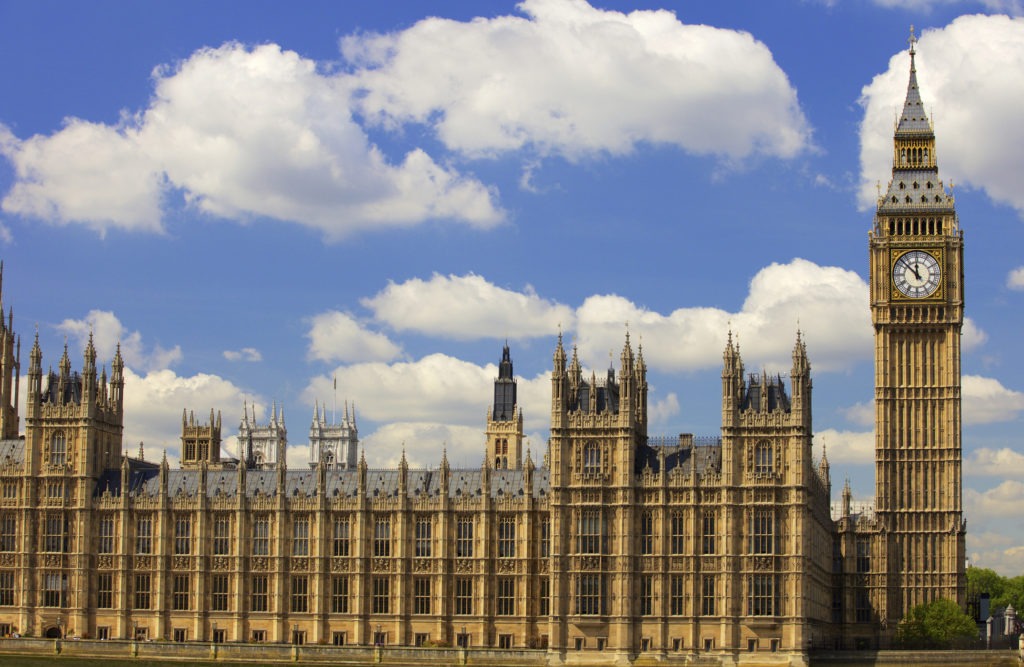Automotive executives meet UK Prime Minister over Brexit concerns
02 November 2017

02 November 2017
UK car industry executives have warned Prime Minister Theresa May that they need ′urgent clarity’ over future trading relations with the European Union after Brexit if they are to continue investing in the country’s automotive market.
Senior managers from automotive companies including Jaguar Land Rover (JLR), Ford, BMW, McLaren and Bentley, along with suppliers to car manufacturers, met Mrs May and Greg Clark, the business secretary, on Wednesday, the first meeting between the Prime Minister and the sector. There, the PM was told that clarity was needed as soon as possible to allow for manufacturers to invest in the country’s industry
The industry has been calling for clarity over Brexit for some time. Didier Leroy, executive vice-president of Toyota, last week described uncertainty over Britain’s future relationship with the EU as a ′fog’ hanging over the sector.
As a result, investment in the UK automotive industry has dropped by around 75% in the last two years, as companies wait to see whether import and export tariffs will be applied to goods built in the country. Government assurances have led to Toyota committing investment in its UK plant and Nissan agreeing to safeguard the future of its Sunderland factory, while BMW has announced plans to build the new electric Mini at Oxford, with drivetrains imported to the country. However, PSA has decided to cut 400 jobs at the Vauxhall plant in Ellesmere Port in order to cut costs, with fears that more positions may go due to Brexit.
One industry executive at the meeting told the Financial Times: ′We did make it clear that this industry is in the process of making decisions that need for clarity was there. The industry is going through tremendous change, and Brexit is a layer of complexity added to that.’
Mike Hawes, chief executive of industry lobby group the Society of Motor Manufacturers and Traders (SMMT), which itself has also called for clarity over the situation, was also present and said: ′The meeting focused on our members’ Brexit priorities ″” in particular, the urgent need for clarity on the proposed transition agreement as business needs certainty to invest.’
During the meeting, car executives laid out the sheer complexity of complying with changes in rules, from carrying out customs checks to complying with new ′rules of origin’ around sourcing of components, one person present said. Around 80% of cars built in the UK are exported, while half of the components used to build them come from overseas.
Number 10 said after the meeting that the prime minister and business secretary had reiterated the government’s aim for an ambitious economic partnership with the EU, as well as an implementation period that ensures businesses only have to adapt to one set of changes. ′The business representatives highlighted the importance of quick and seamless access to international suppliers as well being able to access the talent they need.’